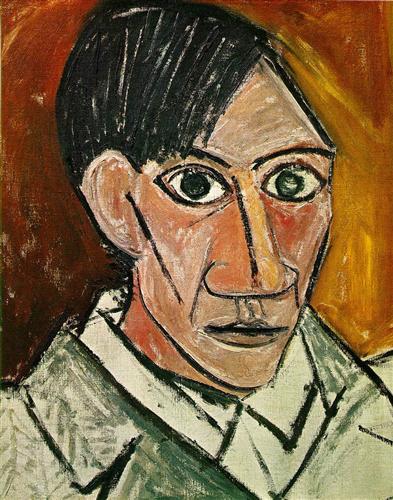Art and life
I think I might become absorbed with my tomatoes in tough times as well. The divide between the work and the life is something a lot of critics can’t get past. The personal life is inconsequential compared to the achievement. From The Paris Review:
INTERVIEWER
What happened to your biography of Picasso?
McCULLOUGH
I quit. I didn’t like him. I thought I would do him as an event, the Krakatoa of art. He changed the way we see; he changed the imagery of our time. But then I realized that strictly in terms of what would work for me, his wasn’t an interesting life.
There’s an old writer’s adage: keep your hero in trouble. With Truman, for instance, that’s never a problem, because he’s always in trouble. Picasso, on the other hand, was immediately successful.
Except for his painting and his love affairs, he lived a prosaic life. He was a communist, which presumably would be somewhat interesting, but during the Nazi occupation of Paris he seems to have been mainly concerned with his tomato plants.
And then his son chains himself to the gate outside trying to get his father’s attention; Picasso calls the police to have him taken away. He was an awful man.
I don’t think you have to love your subject—initially you shouldn’t—but it’s like picking a roommate. After all you’re going to be with that person every day, maybe for years, and why subject yourself to someone you have no respect for or outright don’t like?

Comments are currently closed.